1. The Zombies
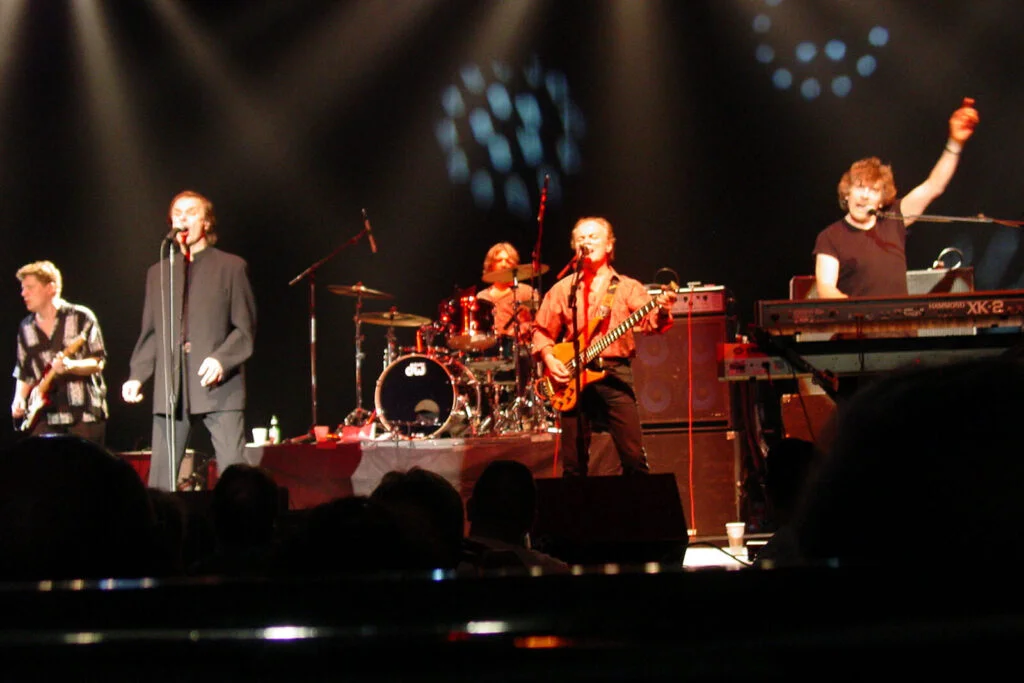
The Zombies created some of the most beautiful and haunting music of the ’60s, with songs like “She’s Not There” and “Tell Her No” still sounding timeless. Their 1968 album Odessey and Oracle is often considered a masterpiece, filled with lush harmonies and inventive arrangements. At the time, though, it didn’t get the recognition it deserved. Many critics and fans only caught up to its brilliance years later.
The group broke up just as they were finding their stride, which kept them from reaching the same level of fame as The Beatles or The Rolling Stones. Ironically, their biggest hit, “Time of the Season,” became huge after they’d already disbanded. If they had stuck together and toured behind that success, The Zombies could have become a household name in rock history rather than a beloved cult favorite.
2. The Kinks
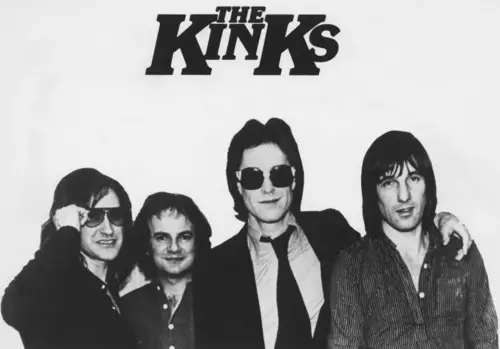
The Kinks were innovative and catchy, with hits like “You Really Got Me,” “All Day and All of the Night,” and “Sunny Afternoon.” Ray Davies’ songwriting often explored witty, everyday themes that set them apart from their peers. They had all the ingredients of a legendary act: great riffs, smart lyrics, and a rebellious edge.
Unfortunately, visa issues kept them from touring the United States during the height of the British Invasion. That lost momentum meant bands like The Who and The Stones got the spotlight instead. The Kinks remained successful but never achieved that upper echelon of legendary status worldwide. Had circumstances been different, they might be mentioned in the same breath as rock’s biggest names.
3. The Hollies
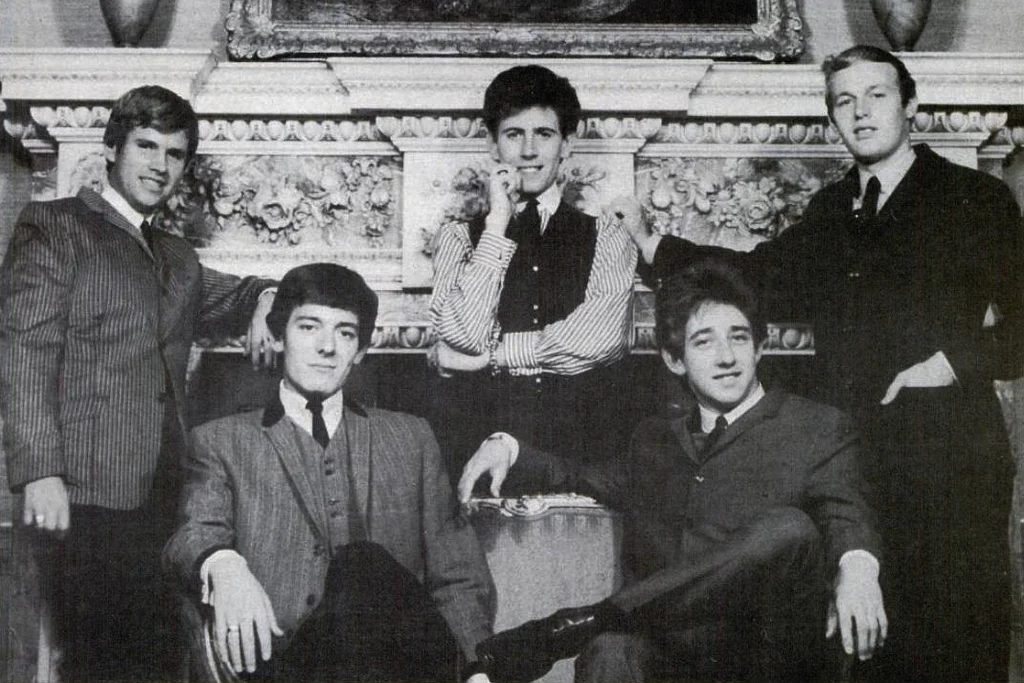
The Hollies had one of the most distinctive harmony blends of the decade, creating bright, polished pop-rock that connected with listeners everywhere. Songs like “Bus Stop” and “He Ain’t Heavy, He’s My Brother” were major hits. For a while, they seemed unstoppable, with a steady stream of singles hitting the charts.
Still, they never quite reached the legendary heights of The Beatles or The Beach Boys. Graham Nash’s departure to form Crosby, Stills & Nash left a big hole in their sound and limited their long-term impact. While they’re fondly remembered, The Hollies could have been one of rock’s enduring giants if everything had lined up just right.
4. The Yardbirds
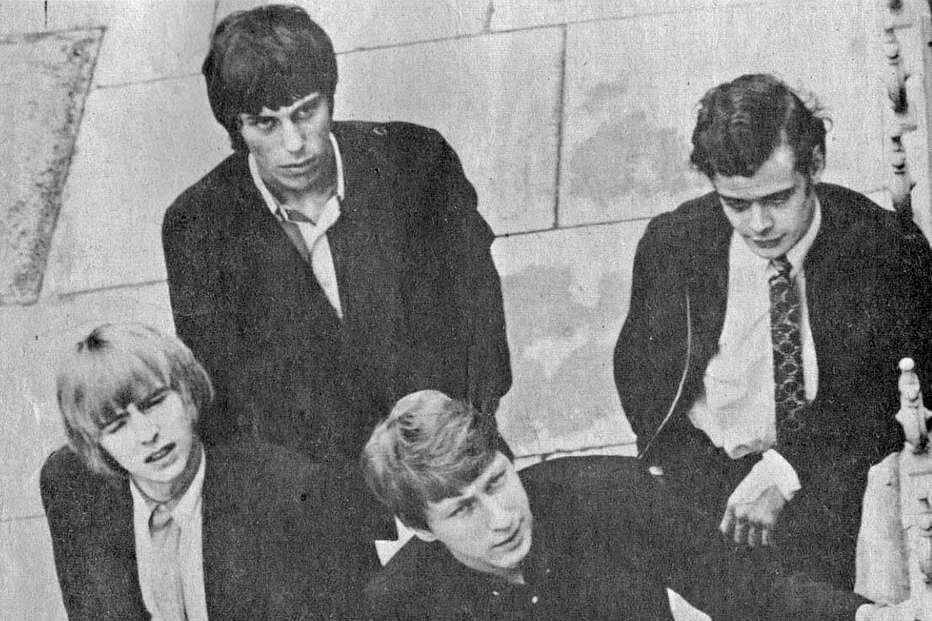
The Yardbirds are best known as the launching pad for three guitar legends: Eric Clapton, Jeff Beck, and Jimmy Page. With songs like “For Your Love” and “Heart Full of Soul,” they played a pivotal role in shaping the sound of rock guitar. They dabbled in blues, psychedelia, and hard rock, often pushing boundaries with experimental sounds.
Yet, despite their talent and innovation, the band couldn’t hold it together. Members left to pursue other projects, and the group eventually morphed into Led Zeppelin. The Yardbirds left behind an important legacy, but had they stayed together and fully developed, they could have been one of the defining rock bands of the ’60s.
5. Paul Revere & the Raiders
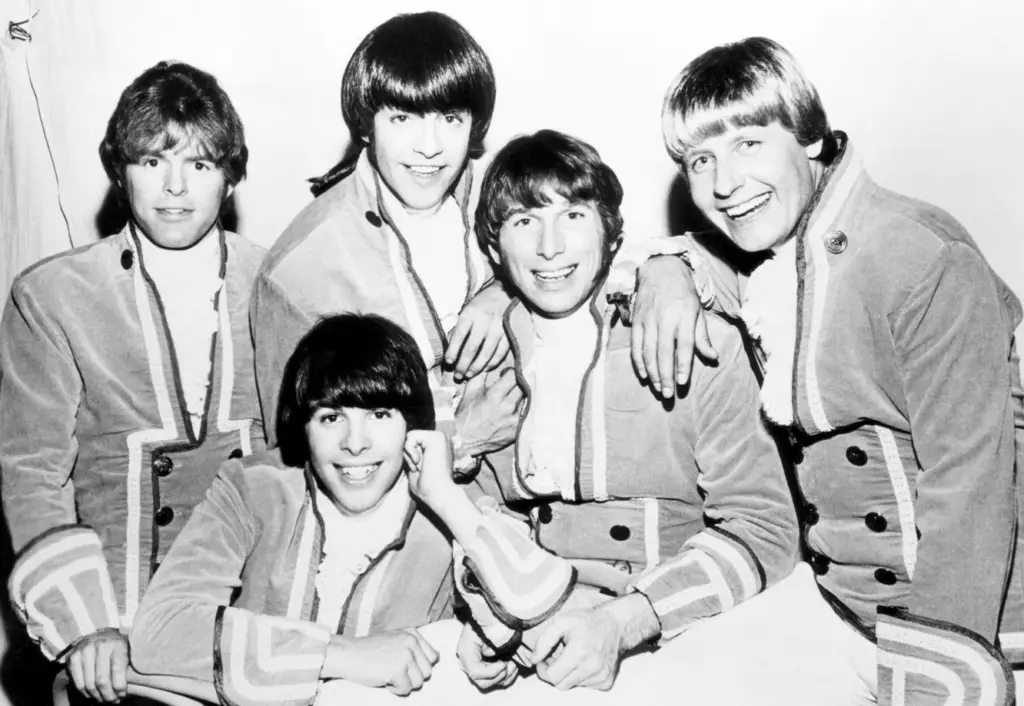
With their matching Revolutionary War-style outfits and high-energy performances, Paul Revere & the Raiders stood out in the crowded ’60s scene. Hits like “Kicks” and “Hungry” proved they could deliver both style and substance. They were one of the most entertaining acts of the era and even became TV regulars.
Still, the image that made them so fun may have also held them back from being taken as seriously as other rock groups. They were sometimes seen as more of a teen band than a major artistic force. With their talent and catchy catalog, they could have been remembered alongside The Monkees or even The Who if the timing and branding had worked out differently.
6. The Turtles
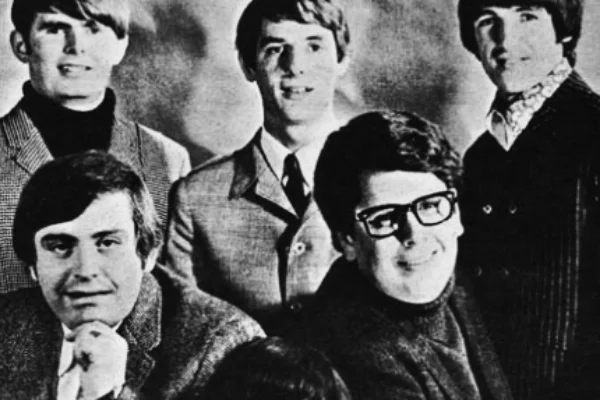
The Turtles are forever tied to their massive hit “Happy Together,” a song that has never really left the pop culture landscape. They had other memorable singles like “Elenore” and “She’d Rather Be with Me,” showcasing their knack for sunny melodies and clever lyrics. At their best, they were as catchy and charming as anyone in the business.
But internal conflicts and changes in the music industry made it hard for them to sustain that level of success. They struggled with their label and eventually faded from the spotlight. If they’d been able to evolve with the times, The Turtles might have been remembered as one of the most important pop-rock bands of their generation.
7. The Byrds
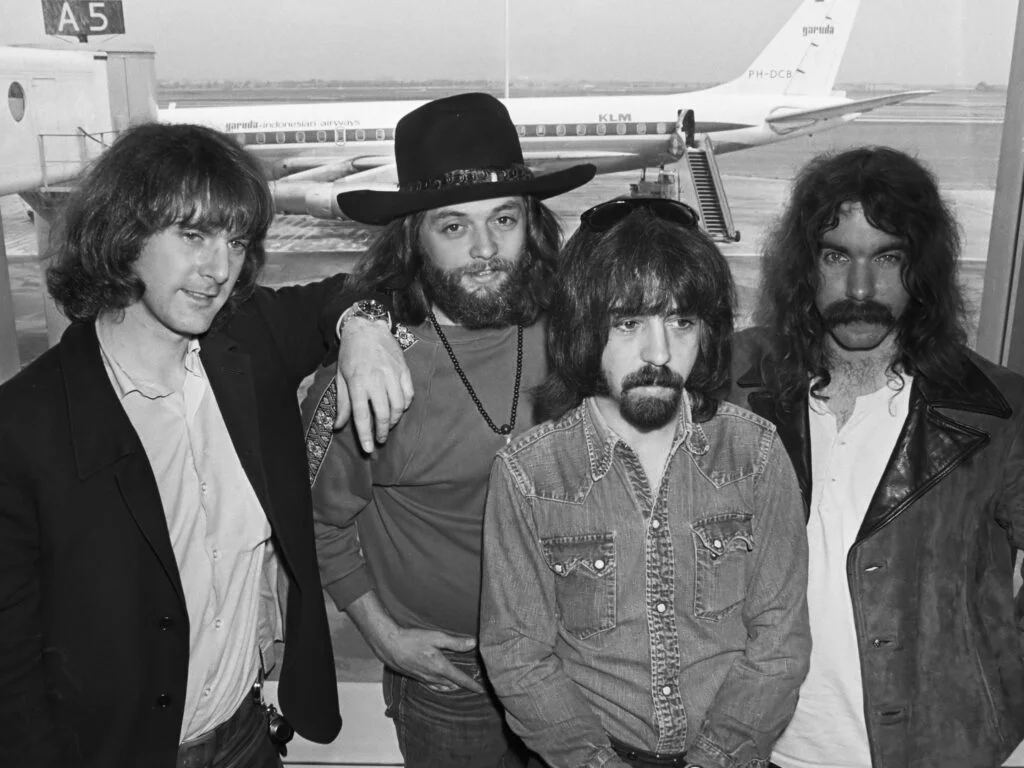
The Byrds pioneered folk-rock with their jangly guitars and soaring harmonies, making songs like “Mr. Tambourine Man” and “Turn! Turn! Turn!” classics of the era. They were also among the first to dive into psychedelia with “Eight Miles High,” proving they weren’t afraid to experiment. Their influence on both rock and country-rock is undeniable.
Still, constant lineup changes kept them from reaching their full potential. Just as they were breaking new ground, key members would leave, and the band would have to start over creatively. While they’re admired by critics and musicians, The Byrds never fully captured the mainstream dominance they deserved.
8. The Animals
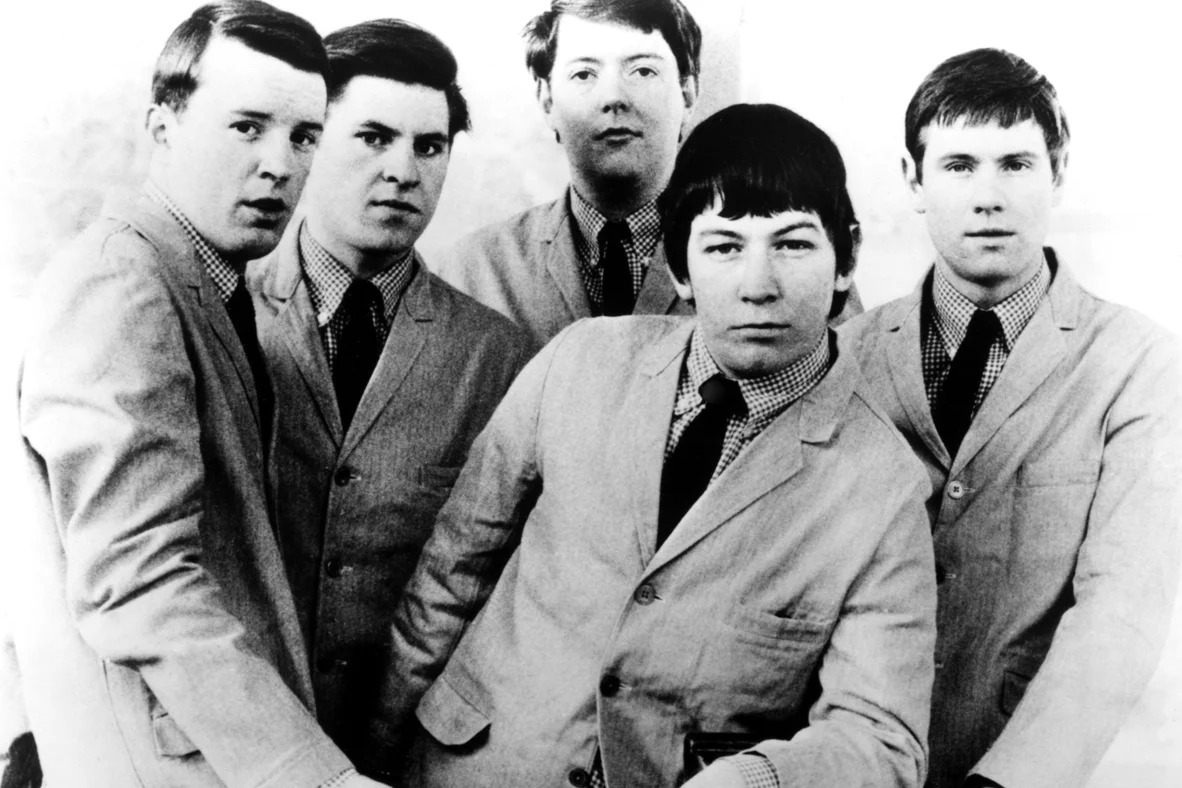
The Animals stormed onto the scene with their gritty version of “House of the Rising Sun,” which became an instant classic. Frontman Eric Burdon’s powerful voice gave them a raw, bluesy edge that set them apart from other British Invasion bands. They had a string of hits, including “Don’t Let Me Be Misunderstood” and “It’s My Life.”
Yet their success was short-lived. Management troubles and constant lineup changes hurt their momentum. Burdon went on to find new success with War, but The Animals as a band never reached the level of their early promise. With more stability, they could have been remembered as one of the defining acts of the decade.
9. The Lovin’ Spoonful
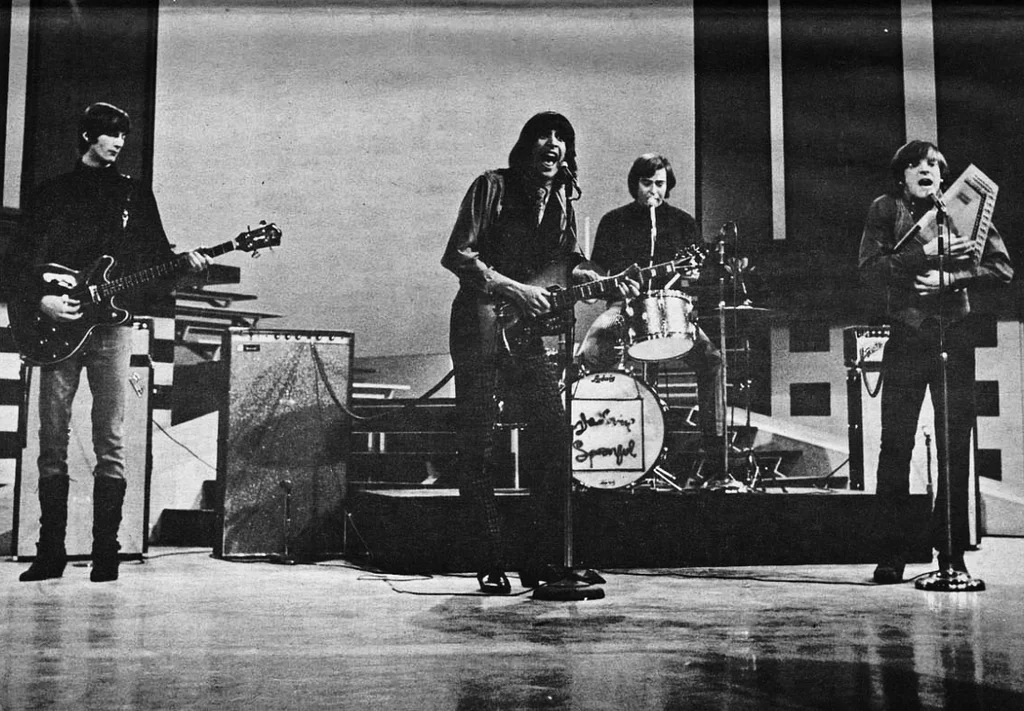
The Lovin’ Spoonful had a knack for upbeat, good-time music that defined mid-’60s pop. Songs like “Do You Believe in Magic” and “Summer in the City” are still instantly recognizable. They combined folk, rock, and jug band influences into something uniquely their own.
However, they couldn’t sustain that magic for long. Legal troubles and member departures weakened the group just as rock was getting more experimental. They remain a fun and important part of the era, but with a little more longevity, they might have been truly legendary.
10. The Dave Clark Five
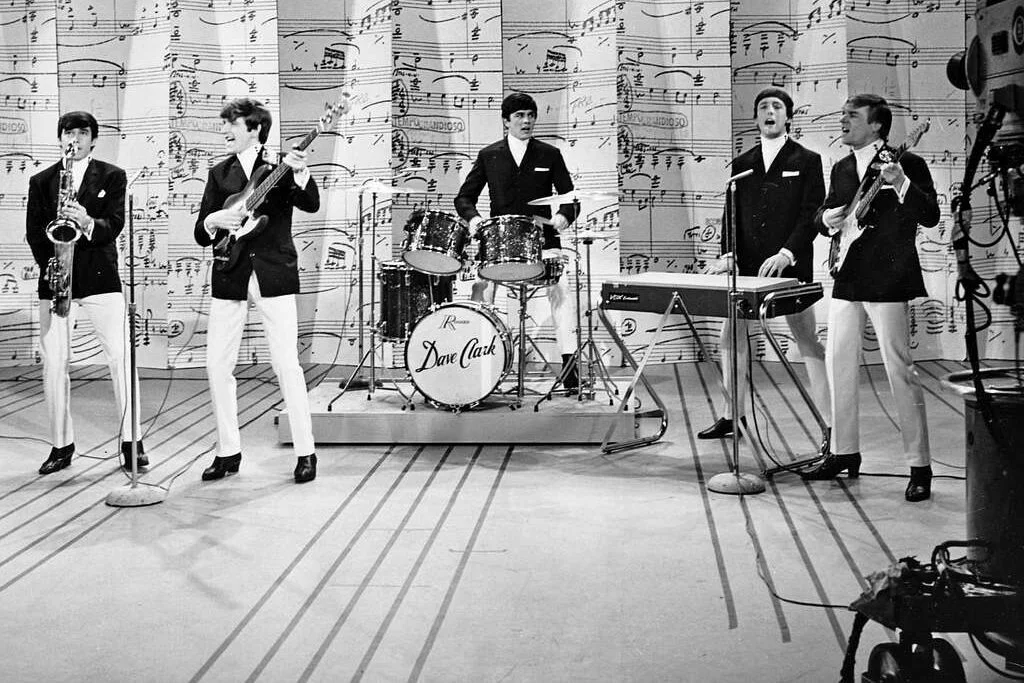
The Dave Clark Five were among the strongest challengers to The Beatles during the British Invasion. With songs like “Glad All Over” and “Bits and Pieces,” they delivered powerful, danceable rock that won over fans on both sides of the Atlantic. For a while, they looked like serious contenders to lead the ’60s sound.
But their style didn’t evolve much as the decade went on. While The Beatles and The Stones experimented and grew, The Dave Clark Five stayed rooted in their original formula. This limited their long-term impact, and they faded as quickly as they rose. Had they taken more creative risks, they might have cemented themselves as legends.
11. The Moody Blues
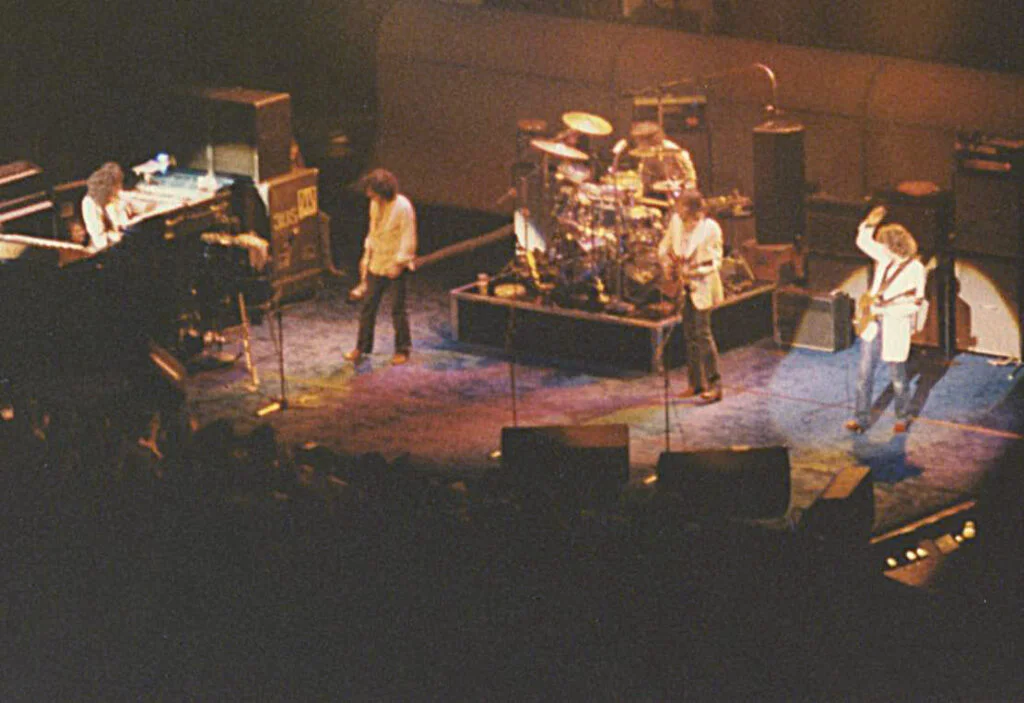
The Moody Blues started as a British Invasion-style band with a hit like “Go Now,” but they truly blossomed when they moved into more ambitious territory. Their 1967 album Days of Future Passed blended rock with orchestral arrangements and included the classic “Nights in White Satin.” It was groundbreaking and pointed to a future of progressive rock.
Despite their influence, they were often overshadowed by bigger names like Pink Floyd and Yes in the prog scene. They had a loyal following but never became a dominant force in the U.S. charts. With a bit more mainstream recognition, The Moody Blues could have been seen as one of the greats.
12. The Monkees
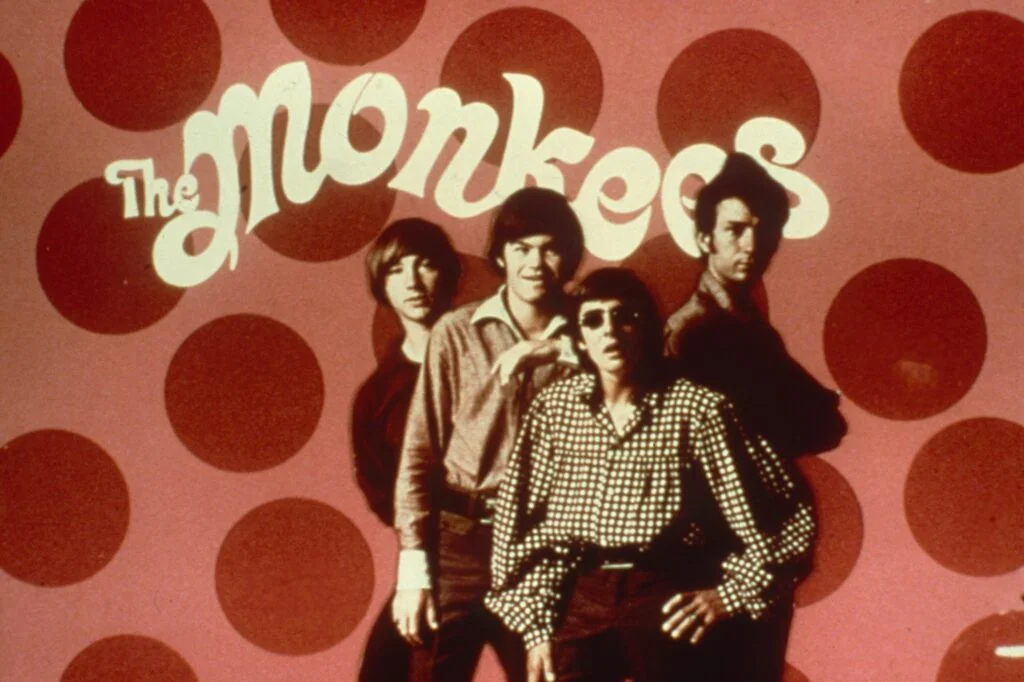
The Monkees were initially created as a made-for-TV band, but they quickly proved they had genuine musical chops. Hits like “I’m a Believer” and “Last Train to Clarksville” made them one of the biggest acts of the decade. They even pushed for more creative control, eventually writing and playing much of their own material.
But their TV origins made many critics dismiss them as inauthentic, despite their actual talent and success. That stigma kept them from being taken as seriously as they should have been. Had they been given full respect during their peak, The Monkees might be considered one of the truly legendary bands of the ’60s.


